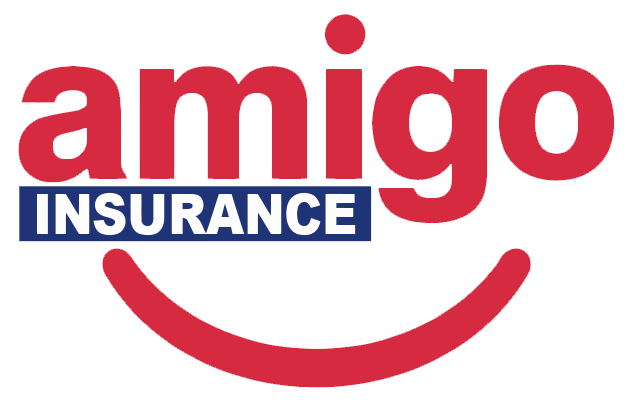Eventually, we’re all going to have to take the plunge and buy a new car. But, making this investment requires care and consideration on your part.
You have to have the correct financial cushion in place to own a car. If you don’t you could wind up making decisions that put you at a high degree of personal risk. Before signing, it’s up to you to make sure you have the right resources to buy a new car.
1. Research the Value of Your Existing Car
Determining value helps you understand for how much you can typically expect to sell the car. You may even want to trade your car for a new car. Doing so might afford you a funds credit from your dealer to apply towards your new car. By having a firm grasp on your car’s value, you might be able to negotiate a better trade value with your dealer.
To determine the car’s value, first check the Kelley Blue Book. It can help you determine how much your car is worth, based on its depreciated market value. As most cars lose value over time, you can expect your vehicle to be worth less now than it was when you bought it.
For a more specific quote on value, take your car to a vehicle appraiser. This appraiser can look at specific features of your vehicle to determine a more exact value.
2. Know Your Own Budget
A new vehicle will be a significant financial investment. You will pay for more than just the vehicle. You also can expect maintenance, insurance and other costs over your car’s lifetime. If you know how much you can afford to pay for a vehicle, you can protect your own solvency.
If you fail to pay for your car using responsible means, this may damage your own consumer credit. Various financial lenders may view you as a high-risk customer. This may make it harder for you to obtain car insurance, loans or other financial remedies. Therefore, before buying a car, make sure you have the financial means to do so.
3. Research Vehicles
Once you know how much you can afford to pay for a car, you can isolate vehicles within that price range. By making prudent decisions about the car you want to buy, you can also reduce risks you might face.
You should always look into how and where you plan to drive. Do you commute? Do you drive on uneven roads or haul heavy loads? Not every vehicle fits everyone’s operational needs. Therefore, you should get a vehicle that’s appropriate to you. The better the fit of your vehicle, the lower your risks may be.
Research may also help you pinpoint extra features to increase your own protection. The better a vehicle’s safety features, the more likely it is to have a high safety rating. Some insurers consider vehicle safety ratings when awarding discounts or determining policy rates. The more reliable your vehicle, the better your chances of paying less for insurance.
4. Buying Your Vehicle
After you’ve settled on the vehicle you want to buy, there’s a process you have to follow to legally drive it off the lot.
First, you must determine how to pay for the car. Many individuals take out loans to pay for the vehicle. Afterwards, the buyer has to repay this debt to the lender, often with interest attached.
Furthermore, you need to register your vehicle with the proper authorities. You will have to get license tags, registration and title information on your new vehicle. Additionally, one important piece of registration you must obtain is auto insurance.
5. Getting Auto Insurance
Most states require all their drivers to carry minimum levels of auto insurance. The exact requirements will differ by state. However, all drivers should consider investing in:
- Liability coverage: Protects you in case your driving causes harm to third parties.
- Collision coverage: If you have a wreck, this coverage can help you repair or replace your car.
- Comprehensive coverage: Hazards like weather or theft may damage your car. This coverage can help you repair that damage.
Beyond these general coverage offerings, the policy options available to you may vary. You may find some options useful, and others not so much. Work with your insurer to determine the coverage that’s right for you. You will likely need to set higher coverage limits, and perhaps invest in extra coverage at first. These levels might be able to better address the risks associated with new cars.
To get the best insurance coverage, talk to your independent auto insurance agent. They might be able to compare the options available to you to get you the best insurance prices.
Ready to buy auto insurance? Call Amigo Insurance Agency, Inc at 877-999-2644 for a Chicago car insurance quote.
